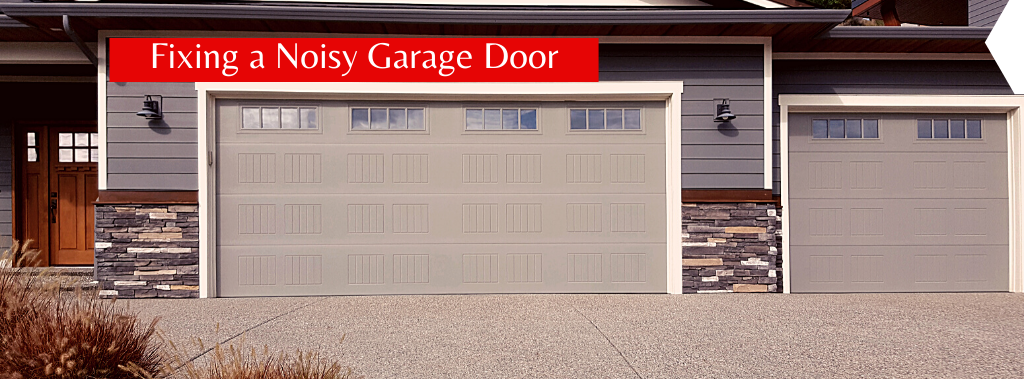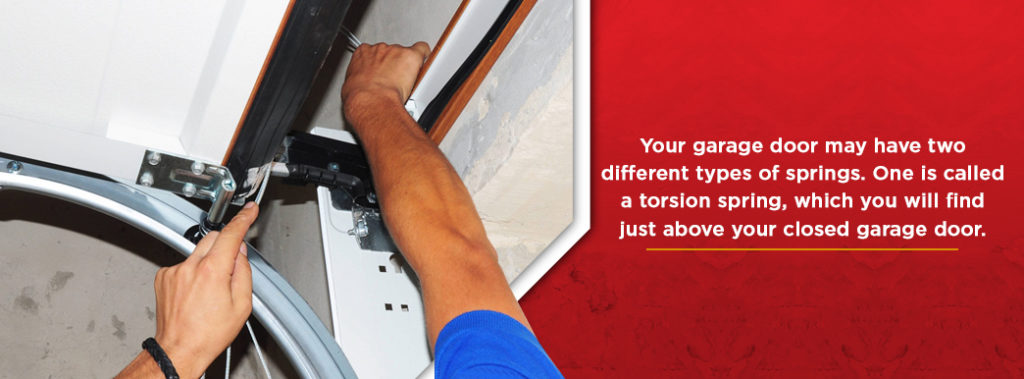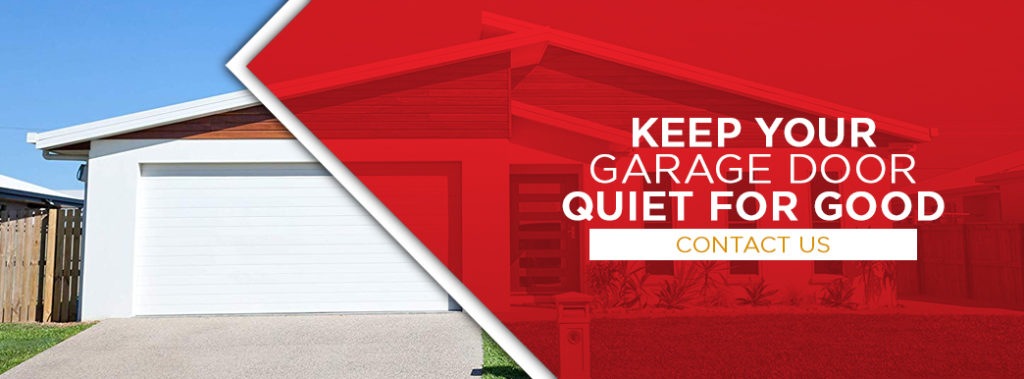
Noisy garage doors can keep you up at night, and sound generally unpleasant. Furthermore, lots of garage door noises can be signs of problems with your garage or worn parts. With anything that has moving components, some vibrations and buzzes are normal. But you should never have to live with an annoying garage door. Luckily, most of the time, you don’t need to replace a loud or squeaky garage door. Some lubrication or minor adjustments or fixes can lower the volume.
Our team at AE Door & Window can help you determine what’s causing your garage door sounds, how you can fix them, and when to bring in a professional.
Tighten Any Loose Parts
Anything loose on your garage doors will rattle. The nuts and bolts along the garage door track will make noise if they are too loose, and it’s a telltale sign you’ll need to break out a wrench and socket.
To tighten them, first, locate them along the track along either side of the garage door. With your wrench, tighten any nuts and bolts that feel loose. Be careful not to overtighten. If you do so, you’ll risk stripping the lag screw holes, which will make the screws even looser, or drive the bolt heads straight through the garage doors.
If you’re not sure how tight is too tight, call a professional to help you adjust the nuts and bolts.
Lubricate Moving Parts
Wherever there’s metal-on-metal movement, it is essential to lubricate well and often. The areas you’ll need to hit are the rollers, hinges and springs.
Lubricate all areas of your garage door liberally and often. Clopay recommends spraying lubricant once every two months, even if you don’t hear any annoying sounds, to prevent damage and noise. You may want to wear gloves to keep your hands clean when working with lubricant.
How to Lubricate Rollers
The rollers are metal cylinders that connect each panel of your garage door to its track. If you have metal rollers, you can easily spray some petroleum garage door lubricant on these areas. After lubricating, make sure to wipe away any excess liquid.
If you have nylon rollers, do not use a lubricant. Nylon rollers don’t need lubrication to function, and the chemical compounds in the petroleum can break down the rollers. If you have nylon rollers and still hear noise, the sound may have another source, or you need to replace them with new ones.

How to Lubricate Hinges
You will find hinges on each panel of your garage door. They allow the door to fold on its way up and down. Just like with a squeaky door, proper lubrication can help if you hear a creaking noise. As with the rollers, you’ll want to give the hinges a liberal helping of lubricant and wipe away any excess that drips off.
As you spray, check the hinges for any dust or metal filings, as this means the joints are wearing out. If the hinges are showing signs of wear, it is time to call a professional to replace them.
How to Lubricate Springs
Your garage door may have two different types of springs. One is called a torsion spring, which you will find just above your closed garage door. The other kind of spring will be on either side of the garage doors by the tracks. Both types require lubricant.
Since springs are a bit larger than hinges and rollers, use a piece of folded cardboard as a splash guard when lubricating them.
Replace All Worn Parts
As you grease all the metal parts of your garage, be on the lookout for any pieces that look broken or worn. If you see any damaged parts, call an expert to replace these parts for you.
How to Spot a Worn-Out Roller
A common sign of a worn-out roller is a squeaking or grinding sound. Many rollers have unsealed bearings that break down from years of use and contact with dirt. If your garage door seems to quake while moving, it’s a good indicator that you need new rollers.
Whenever you decide to replace a damaged roller, it’s a good idea to replace all of them at once. Usually, this means you’ll need to purchase 12 rollers. If you’re worried about noise, nylon rollers are your best bet. Nylon rollers are less noisy and require less maintenance. You’ll need to contact your garage door dealer or a professional installer to replace rollers.
How to Spot a Worn-Out Hinge
While wear is less likely on hinges than on rollers, if you spot any metal dust around the hinges, they are deteriorating. If you see an unusual or oblong hole anywhere on your hinges, you need new ones.
Do not attempt to replace hinges by yourself. Incorrect hinge replacement might cause your garage door to fall, which could be dangerous to you and anyone around you.
Check Springs
If your garage door is unusually noisy, or not working at all, it might have a problem with the springs. If your garage door makes a loud sound, especially when it hits the ground, faulty springs are most likely the cause. Check your springs for rust and other damage. If you find any problems, contact an expert immediately.
Only a professional should handle work involving springs. The high tension in springs makes them very dangerous, and you should not attempt to work on or near the springs or counterbalance system. Instead, call AE Door & Window to have your springs safely assessed and replaced.

Keep Your Garage Door Quiet for Good
Checking up on your garage when it starts to make an unwanted noise can not only save you the headache of an annoying garage door, but it can also help you avoid costly repairs down the line. If checking and lubricating the components of your garage door doesn’t silence the clamor or reveal the damaged parts, it is time to ask for a professional’s help.
You can schedule service from AE Door & Window in Cincinnati, Northern Kentucky or Eastgate. Or, request an estimate to have new parts installed that are sure to make your garage door a little quieter.
